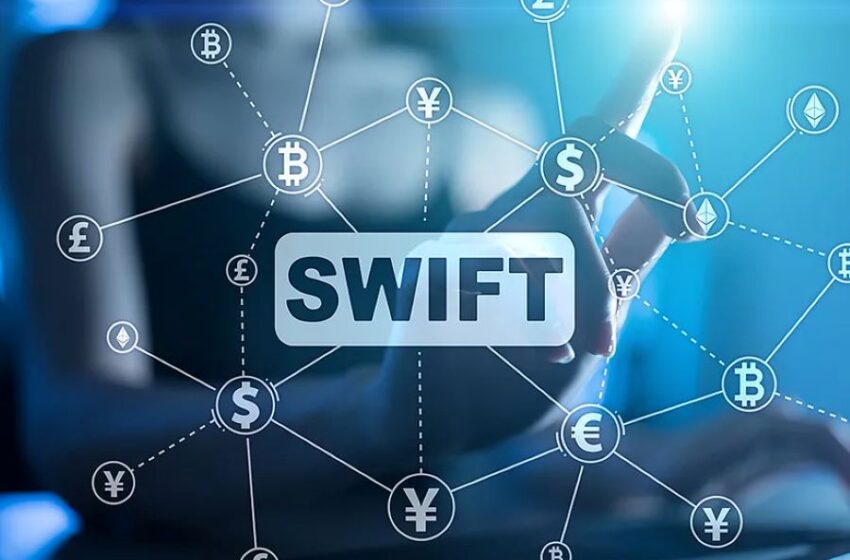
SWIFT to Launch Live Trials of Digital Asset Transactions in 2025
The Society for Worldwide Interbank Financial Telecommunications (SWIFT) on Thursday said that it will embark on live trials of digital assets and currency transactions over the Swift network for the first time in the banks across North America, Europe, and Asia starting in 2025.
SWIFT said that the financial institutions across the world will have the ability to use its global platform to conduct pilot transactions for the settlement of digital assets and currencies. These trials will demonstrate how financial institutions can transact interchangeably across both existing and emerging asset and currency types using their current SWIFT connection.
SWIFT’s Chief Innovation Officer Tom Zschach said that as new forms of value emerge, their intention was to continue offering to SWIFT’s community the ability to seamlessly make and track transactions of all kinds of assets – using the same secure and resilient infrastructure that is integral to their operations today.
“This marks a giant leap forward from our prior experimentation, with a deliberate focus on providing interlinking and orchestration capabilities that could support real-world solutions,” he said.
Recent experiments have proven SWIFT’s capacity to connect public and private blockchains, interlink central bank digital currencies (CBDCs) on a global scale, and integrate multiple digital asset and currency networks.
For digital assets and currencies to succeed on a global scale, it’s critical that they can seamlessly coexist with traditional forms of money.
“With our vast global reach, we are uniquely positioned to bridge both emerging and established forms of value, and we’re now focused on demonstrating this in real-world, mainstream applications,” Tom explained.
Addressing Key Challenges
These trials aim to address a key challenge in the continuously evolving digital asset market: the rise of disconnected digital platforms, or ‘digital islands,’ that could hinder more widespread adoption and ease of use for new forms of value.
Currently, 134 countries are exploring CBDCs, and the size of the tokenised assets market is forecast by Standard Chartered and Synpulse to rise as high as $30 trillion by 2034. As many as 91% of institutional investors also say they’re interested in investing in tokenised assets, according to a survey from Celent and BNY Mellon.
While the scale is impressive, without interconnectivity between platforms, global adoption is set to remain fragmented. The live trials will leverage our existing global network to interlink various digital and traditional currency platforms, providing a single system for banks to transact across borders with digital and fiat currencies and further aiding this new market to grow.
In the lead-up to next year’s trials, the Hong Kong Monetary Authority and Banque de France are leveraging SWIFT’s capabilities in ongoing experiments for foreign exchange use cases, as part of the European Central Bank’s initiative to explore new technologies for wholesale payments.
“We are also investigating how our interlinking capabilities could integrate emerging bank-led networks, such as the US Regulated Settlement Network, with traditional financial systems. Swift has also recently been named as a participant in Project Agora, a Bank for International Settlements-led project exploring the integration of tokenised commercial bank deposits and tokenised wholesale CBDCs on a unified platform,” Tom said.
SWIFT, which has over 11,500 financial institutions in its global network, will support digital assets and currencies through their its existing connectivity securely and efficiently. These trials and collaborative innovations are a critical step in achieving global interoperability for these new forms of value, and SWIFT’s global network is an essential bridge between traditional and digital asset platforms.
As the financial industry continues its migration to ISO 20022 and the promise of richer, more structured data, SWIFT will continue to provide end-to-end transparency, a centralised view of transaction data, and the ability to access it all in real-time – even as value takes on new forms across different networks.















